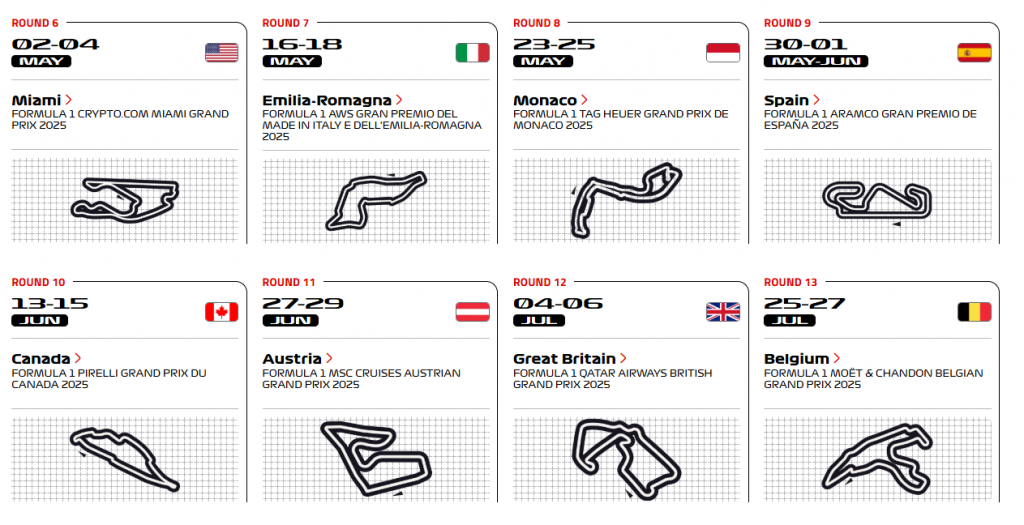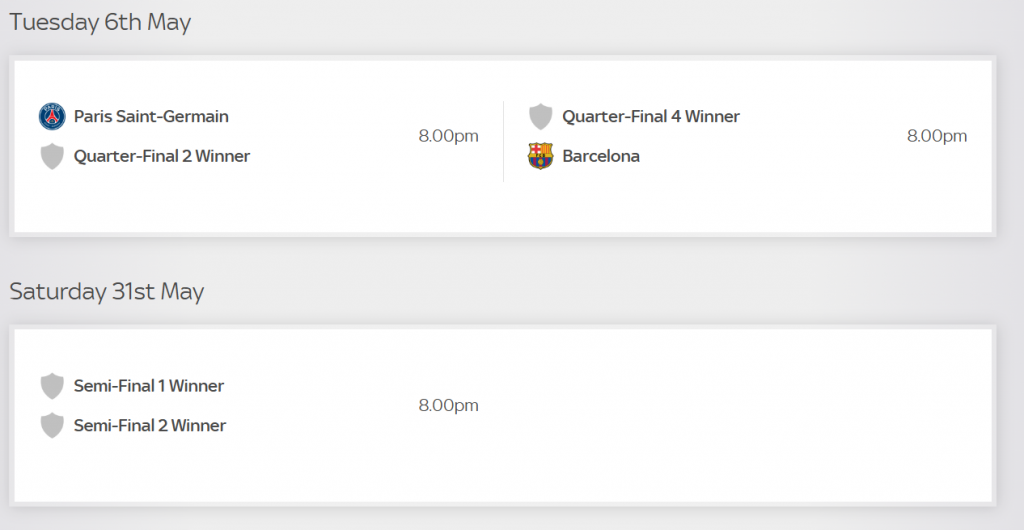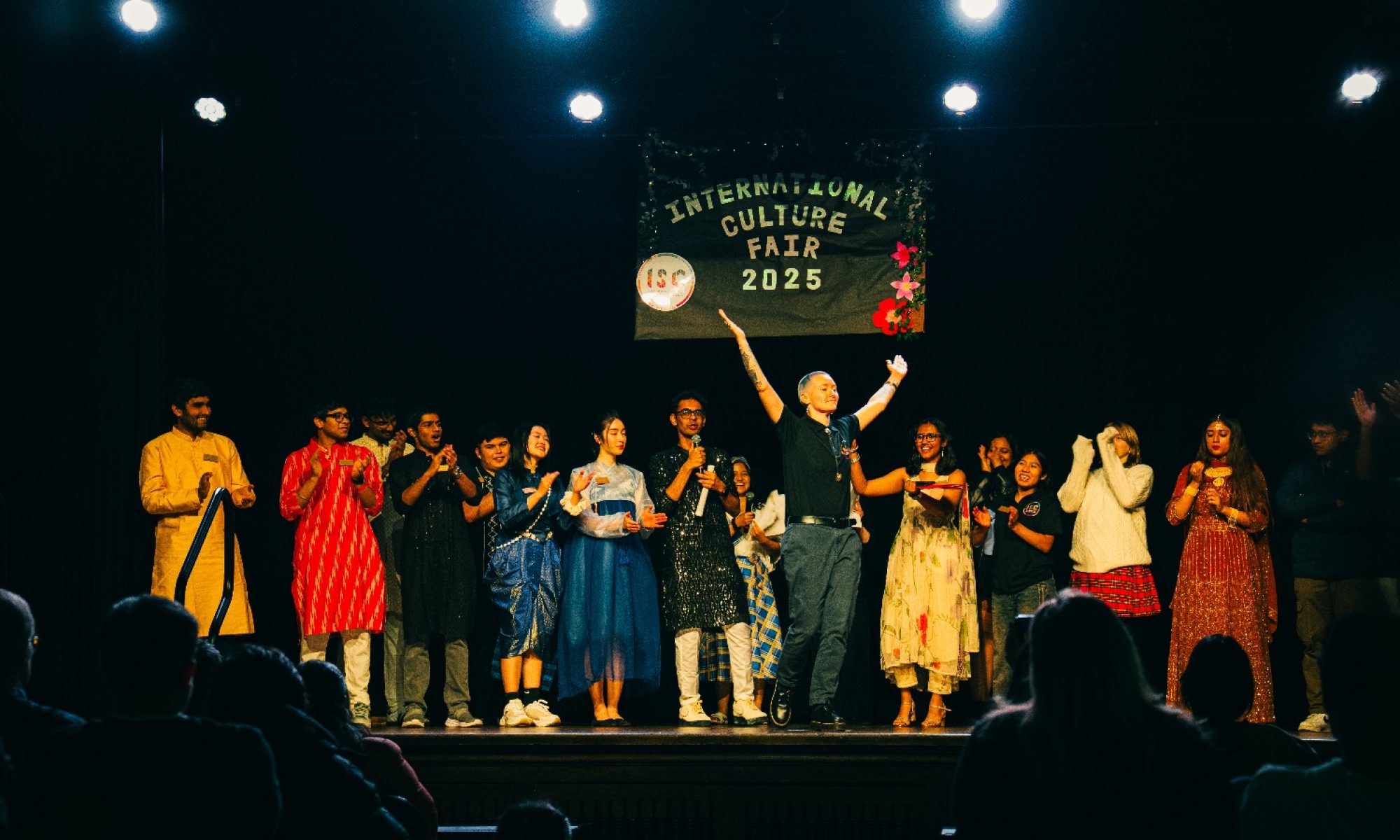Haider’s Journey: From War-Torn Syria to a New Life in Exile
https://www.unrefugees.org/news/syria-refugee-crisis-explained/
The year was 2011. Eleven-year-old Haider stirred from a familiar dream—one that visited him every night without fail. In it, he raced a sleek car through the vibrant streets of Damascus, the city that had always felt like the center of the world to him. His mother’s voice broke through the dream, pulling him back to reality. It was time for school.
Haider lived in a small town called Al Kiswah, just a twenty-minute drive from Damascus. As he got out of bed, he reluctantly let the dream fade and began his morning routine. After a quick shower, he found his father in the living room, watching the news on their old, crackling television. His father, an engineer with the city’s electrical department, had worked there for as long as Haider could remember.
In the kitchen, breakfast was ready. Eggs, bread, and juice—a staple meal in their household. Haider loved the eggs but always left the corners of the bread untouched, a small act of defiance his mother scolded him for daily. “You’ll understand the value of bread someday,” she would say, shaking her head with a smile.
Just as Haider was about to leave for school, his father switched the news channel. Suddenly, the crackling TV erupted with the harsh sound of gunfire, jarring and relentless. Haider froze, his eyes locked on the grim-faced reporter standing less than a half-hour’s drive from their town.
“A civil war has broken out,” the reporter said grimly.
His father quickly dialed a coworker on his old Motorola phone and put it on speaker. “There are tanks on the main road! We’re leaving… You should too!” shouted the voice on the line, barely audible over the crack of gunfire.
Haider had only heard sounds like that in action movies. This was different. This was real. His father, ever the optimist, decided they would wait a few days to see if things improved. They didn’t.

One morning, Haider’s father left to buy rations, promising he’d be back by noon. But noon passed, then nightfall, and by the next day, hope had begun to wither. His mother made the heart-wrenching decision to flee the country with Haider. They left everything behind and crossed the border to Egypt, eventually reaching a refugee camp run by the UNHCR.
Life in the camp was harsh. Bread was still part of their daily meals, but Haider never left a single crumb uneaten. He had learned, in the cruelest way, just how precious food could be. Health care in the camp was stretched thin, and when his mother fell ill, there was little they could do. She passed away soon after.
Grief-stricken and alone, Haider left the camp in search of work. He wandered the streets of Cairo for months, struggling to survive. Finally, a kind mechanic hired him at a small workshop. It wasn’t much, but it was enough. Slowly, Haider built a life for himself.
It is 2025 now. Haider is 25 years old. He is still working at the mechanic’s workshop, repairing cars like the one he used to dream of driving through Damascus. He has a wife and a two-year-old son.
Yet, every night, Haider still dreams of Damascus. In those dreams, the streets are alive, his home stands tall, and there is peace. He dreams of going home. And someday, he hopes, that dream will no longer be just a dream.
Sudan’s Struggle for Stability in the Midst of Conflict
https://www.unrefugees.org/news/sudan-crisis-explained/

Amidst one of the world’s worst humanitarian crises, Sudan has reported some hopeful statistics. The number of internally displaced Sudanese individuals have fallen for the first time in two years. While these numbers are encouraging, Sudan’s conditions remain unable to support safe and sustainable integration for its 30.4 million citizens in need. Healthcare, education, protection, food, functional infrastructure, and financial stability are scarce or absent altogether. Less than a quarter of health facilities are functional, rates of disease and sexual violence have risen, and war continues to devastate the country.
Article 3
Sports News
Formula 1
https://www.formula1.com/en/results/2025/drivers

24-year-old Oscar Piastri of Australia dominated in the Bahrain Grand Prix this last weekend, becoming the first to win multiple races in the 2025 season. He has secured second place in the current standings with an impressive 74 points. George Russell and Lando Norris, both from the United Kingdom, placed second and third in the Bahrain GP, crossing the finish line less than one second apart. Norris now holds an uneasy first place standing with 77 points, and Russell is in fourth with 63 points.
Next weekend’s race is the 2025 Saudi Arabian Grand Prix. Who do you think will win?
Soccer
https://www.skysports.com/champions-league-scores-fixtures


The UEFA Champions League is well underway, with exciting matches to come. As it stands, Liverpool FC holds first place with 21 points. FC Barcelona holds second, but is tied with Arsenal FC in third place with 19 points. Barcelona and Arsenal’s upcoming matches this week can change the course of the standings.

